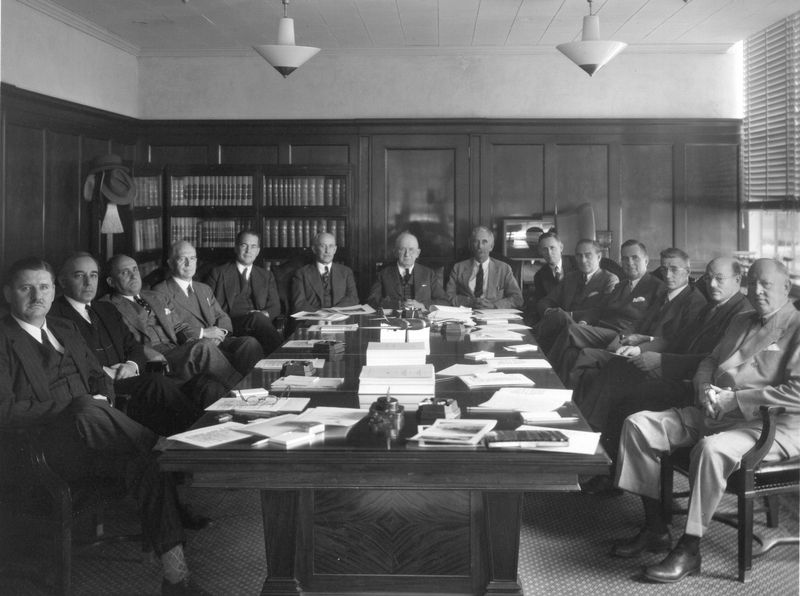This is part of my Series on University Entrepreneurship.
I recently hosted a talk by Geoff Smith of Ascent Biomedical Ventures entitled: Should There be Profit in Knowledge? Geoff is a fellow Williams College alum and recovering attorney who, like me, got ensconced in the world of launching companies and venture investing in the mid-nineties. He’s a Managing Partner at Ascent which is one of the few truly seed-stage venture funds in New York operating in the biomedical tech space. He also happens to be a Scholar at Rockefeller University where he founded and teaches the University’s Science & Economics Program. (See here for his bio: http://bit.ly/gbnAC)
One thing I learned about Geoff during his talk is that he’s really a very deep thinker about public policy as it relates to university tech transfer. His lecture covered the evolution of the intense American debate in this field over the last century, from the time of the World Wars up through the passage of the Bayh-Dole Act of 1980, taking us right to the present day. His analysis wove in the scientific norms of Sociologist Robert K. Merton, the effect of the Ransdell Act of 1930, and the pioneering work of Vannevar Bush (one of the gentlemen pictured above), who drove so much of the ground-breaking government policy in this field. Lastly, I'll say that Geoff’s conclusions were not what one might have expected from a venture capitalist. He has a real reverence for the singular importance of basic research to our society.
I left the talk and ensuing discussion with both a deepened historical perspective and greater appreciation for the transformative effect on our society that a century of American policy evolution in university tech transfer has wrought. I also emerged perhaps with a keener understanding of its boundaries. Fascinating stuff and many thanks to Geoff.
For Part Eight in this Series, click here

![Reblog this post [with Zemanta]](http://img.zemanta.com/reblog_e.png?x-id=2619fe9d-863c-463a-866a-81357651f3d9)